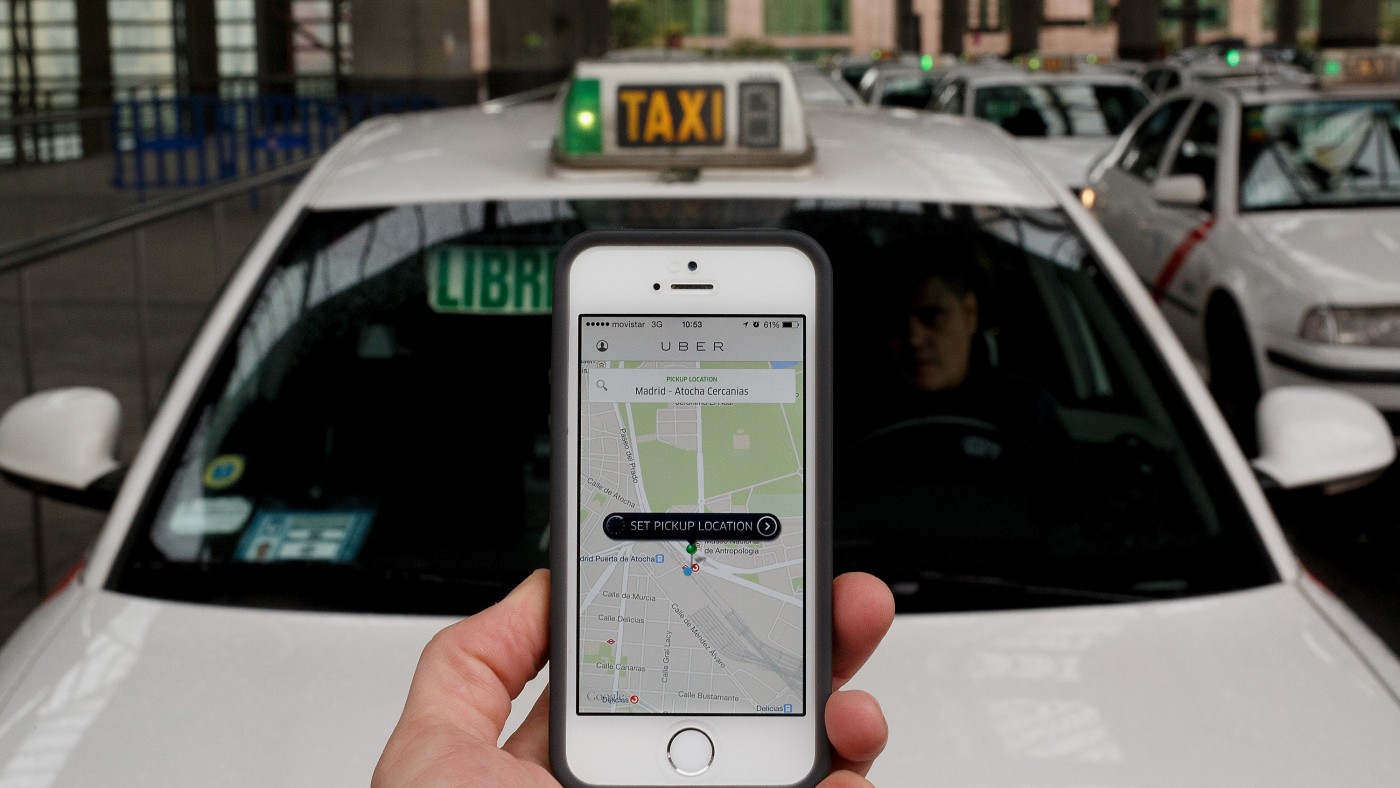Disruption, one of the central components of classical liberalism, is fast becoming the definition of what sharing economy services stand for. New technologies are disrupting old business models and whilst Uber’s disruption of the taxi market may be the first industry battle, it will not be the last. Predictably, several governments around the world are set on protecting established industries (and revenue sources). However, as Freidman and others have long emphasised, the market cannot be denied and the freedom of people to use the services they want is a tsunami which cannot be stopped. People, especially the young generation, many of whom would not consider themselves as classical liberals, are choosing Uber and AirbBnB regardless of whether governments agree or not. In Belgium for example, the government’s decision to ban Uber was simply ignored by its people resulting in a forced U-turn on policy which allowed Uber to operate within the legal framework.
Governments by nature are drawn to picking champions, primarily through regulation, certification and imposing taxes on industries, in doing so turning single owner operations into expensive, bureaucratic industries. The sharing economy has completely disrupted this. By matching surplus capacity in the economy with unmet demand, it has restated the fundamental point that the market is king. It has provided a substantial economic stimulus simply by going directly to consumers and ignoring the restrictions beloved by governments. Enterprising people, which can now include anyone with an internet connection, realise that AirBnB and similar services allow them to hurdle over restrictive, entrenched regulatory barriers, for example by renting an apartment for only the amount of time they are there. The person who does business in London, where rents are high can be sky high can rent for only the time they need, without having to go through the hassle of long term rental agreements and the bureaucracy which is entails. The consumer gets a more flexible and cheaper product.
The sharing economy also promotes individual rights and economic freedom in a way we could previously only dream of. It is impossible to ban mobile apps – technology is essentially bypassing outdated structures and helping each other to provide better quality services at often significantly lower prices. Previously, big companies could take a strong foothold in the market, be subject to regulatory burdens by the government and maintain their dominance through marketing campaigns, something which peer-to-peer services don’t need to do as they prosper primarily through word of mouth via the internet. This is a radical change – the sharing economy is the natural evolution of markets that were previously restricted by the unfair balance between consumer and business in that the buyer would have access to little info and the seller access to lots.
Sharing services therefore foster economic and personal freedom, without any outside interference, especially the destructive claws of government regulation. In the 1980s, classical liberals won the debate that free markets are the building block of prosperity and economic freedom. Yet despite this win, we have seen continual regulation, designed to tame the market from both Brussels and Westminster. The sharing economy provides proof that much of this regulation is unnecessary. Simply put, it allows people to use services free from excessive government regulation which has long felt it has the right to make informed decisions on behalf of the consumer – indeed; it is this freedom which makes the sharing economy so appealing. Why would a person choose to rent a holiday villa which will be more expensive in part because of regulation when it is possible to rent directly off another person at a cheaper rate. If the service isn’t up to scratch, people will see the reviews, lose trust in the product and desert it. If they like the product, they will use it again and tell everyone about it. In short, the market will decide.
As with almost all revolutions, old vested power interests will naturally want to kick back and we are seeing this now. This is not new, when the first Ford Model Ts first began rolling off the assembly line in the early 20th century, they were far from welcomed. In parts of America, citizens demanded they were restricted to 25 miles per hour. In Quebec, early drivers were arrested for the “dangerous” act of driving a car, much like Uber drivers now in France. It was argued that horse free roads would lead to significant benefits, not least saving money, but still widespread suspicion was evident. Yet, it took the unstoppable power of the free market before governments finally accepted that they were here to stay. The same will be true of the sharing economy.
Consumer demand and economic freedom will triumph. Laws cannot be a barrier to innovation and modernisation. As Friedman once said “A person’s most effective protection is free competition at home and free trade throughout the world.” We may be one step closer to realising a true free market.


